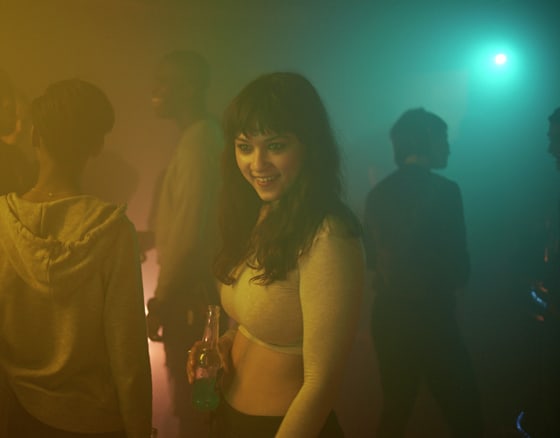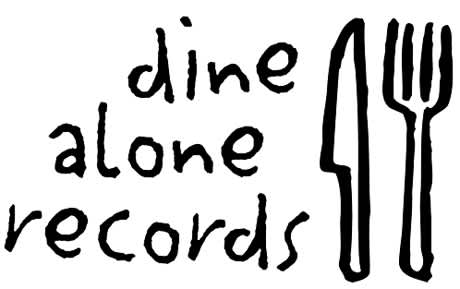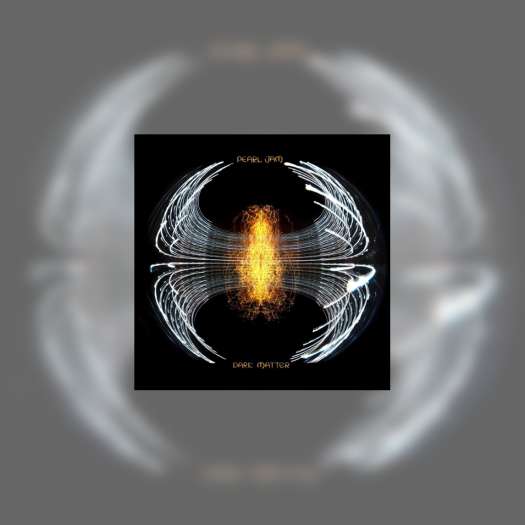We're at a point in the evolution of cinematic tropes where even the mere mention of the inspirational teacher paradigm elicits derisive giggles; it's a cliché, and a bad one. Though the format is intended to reaffirm the importance of human connection and reassure audiences that everyone, no matter how worn down by the world, is salvageable if given a little patience, care and inspiration, it tends to be somewhat patronizing and simplistic, typically only reassuring the upper middle-class that deep down everyone just wants to be exactly like them.
Urban Hymn isn't exactly an exception to this rule — it's really quite trite — but it is aware of its own bullshit to some degree, trying to psychologize the motivations for reaching out to troubled youth without oversimplifying the mercurial disposition of kids that have never had a reliable support system (at least partially).
Kate Linton (Shirley Henderson), ostensibly a weird loner, takes a job working as a social worker for particularly troubled young offenders. At first, her incompetence is played for comedy: when trying to break up a fight between some kids, she gets knocked across the room — hilarious! But as she demonstrates an eerie zen when confronted with endless hostility and aggression, she starts to earn the trust of Jamie (Letitia Wright), a young girl that is seen early with her best friend Leanne (Isabella Laughland) gleefully looting stores in the 2011 North London riots.
Possibly the most contrived and clumsy aspect of the story is how Kate and Jamie initially connect. When Kate overhears Jamie singing in her room, she uses the girl's love of music to manipulate her into conversation, eventually coercing her to audition for a church choir where she's (of course) recognized as a rare talent. It's a simplistic mode of rapidly progressing a character arc that has the misfortune of exploiting our modernist preoccupation with watching emotional karaoke. But what's smart about Urban Hymn is that it also rests this change on separation of influence, showing softness in Jamie when the more aggressive and misanthropic Leanne isn't around.
What's also handled well is the intricacy of the relationship between Jamie and Leanne. While it would be easy to create a bullying dynamic in the two, vilifying one for the sake of the other, Michael Caton-Jones (the genius behind Basic Instinct 2 and Doc Hollywood) ensures that the protective, caring dynamic between the two is captured. When Jamie is harassed or confronted, Leanne is there to resolve the situation, often with very little subtlety (in one scene, she fills a sock with batteries and beats the shit out of three other girls). Similarly, Kate isn't portrayed as an immaculate saint. Eventually, we learn of her tragic secret, but until then, she presents as an oddball depressive taking a prone position to see if she can find any good in a world quick to toss her aside.
Of course, as is the standard for a narrative of this nature, things progress very conveniently — Jamie has to choose between her burgeoning music career and her best friend — and characters are ultimately constrained to their prescribed archetype. This means that Jamie adapts to the academic life swimmingly while Leanne turns psychotic, setting cars on fire and gobbling up any drugs she can get her hands on. It all gets to be a bit much, culminating in an over-the-top, albeit upsetting, sacrifice that self-consciously acknowledges the dangers and unlikelihood of "saving" misfits. But, for the format, it does ultimately work in a formulaic, generally socially acceptable way.
And, amidst these well-worn tropes, there is an abundance of singing, which really seems to do it for the sorts of audiences that are inspired by movies like this.
(Eclipse Films)Urban Hymn isn't exactly an exception to this rule — it's really quite trite — but it is aware of its own bullshit to some degree, trying to psychologize the motivations for reaching out to troubled youth without oversimplifying the mercurial disposition of kids that have never had a reliable support system (at least partially).
Kate Linton (Shirley Henderson), ostensibly a weird loner, takes a job working as a social worker for particularly troubled young offenders. At first, her incompetence is played for comedy: when trying to break up a fight between some kids, she gets knocked across the room — hilarious! But as she demonstrates an eerie zen when confronted with endless hostility and aggression, she starts to earn the trust of Jamie (Letitia Wright), a young girl that is seen early with her best friend Leanne (Isabella Laughland) gleefully looting stores in the 2011 North London riots.
Possibly the most contrived and clumsy aspect of the story is how Kate and Jamie initially connect. When Kate overhears Jamie singing in her room, she uses the girl's love of music to manipulate her into conversation, eventually coercing her to audition for a church choir where she's (of course) recognized as a rare talent. It's a simplistic mode of rapidly progressing a character arc that has the misfortune of exploiting our modernist preoccupation with watching emotional karaoke. But what's smart about Urban Hymn is that it also rests this change on separation of influence, showing softness in Jamie when the more aggressive and misanthropic Leanne isn't around.
What's also handled well is the intricacy of the relationship between Jamie and Leanne. While it would be easy to create a bullying dynamic in the two, vilifying one for the sake of the other, Michael Caton-Jones (the genius behind Basic Instinct 2 and Doc Hollywood) ensures that the protective, caring dynamic between the two is captured. When Jamie is harassed or confronted, Leanne is there to resolve the situation, often with very little subtlety (in one scene, she fills a sock with batteries and beats the shit out of three other girls). Similarly, Kate isn't portrayed as an immaculate saint. Eventually, we learn of her tragic secret, but until then, she presents as an oddball depressive taking a prone position to see if she can find any good in a world quick to toss her aside.
Of course, as is the standard for a narrative of this nature, things progress very conveniently — Jamie has to choose between her burgeoning music career and her best friend — and characters are ultimately constrained to their prescribed archetype. This means that Jamie adapts to the academic life swimmingly while Leanne turns psychotic, setting cars on fire and gobbling up any drugs she can get her hands on. It all gets to be a bit much, culminating in an over-the-top, albeit upsetting, sacrifice that self-consciously acknowledges the dangers and unlikelihood of "saving" misfits. But, for the format, it does ultimately work in a formulaic, generally socially acceptable way.
And, amidst these well-worn tropes, there is an abundance of singing, which really seems to do it for the sorts of audiences that are inspired by movies like this.




